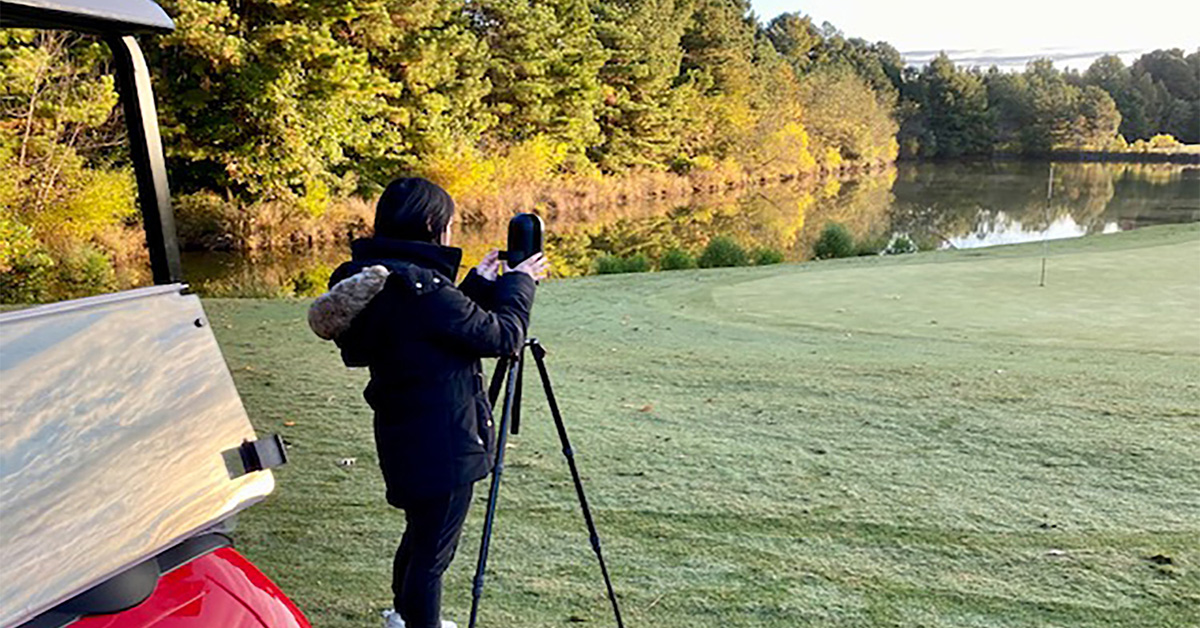
ENT 121: Creating Interactive, Virtual Environments to Improve Student Approaches to Pest Management
ENT 121: Pesticides and their Utilization provides an overview of the basic characterization, classification, chemical and physical properties of pesticides, as well as the study of the environmental effects of pesticides and laws and regulations governing their use. As an introductory course serving all six majors in the Agricultural Institute, a two-year degree program offered through the College of Agriculture and Life Sciences, ENT 121 is a high-impact and essential course for hundreds of students. Students were doing well memorizing course information for assessments, but instructor Terri Billeisen wanted to explore opportunities to involve students in a different way and to encourage higher-level thinking. Specifically, she wanted to create a high-impact educational experience using virtual field environments to simulate the pesticide applicator decision-making process. Using a series of interactive scenarios coupled with case studies, students could experience environments like those they would be managing professionally. To meet this educational need, Billeisen turned to DELTA and a DELTA Exploratory Grant.
Instructional Challenges
- Capture unique outdoor environments and create a virtual 3D tour with the Matterport 3D camera system, complete with color and depth to simulate a face-to-face experience where students can freely immerse themselves in the virtual environment.
- Evaluate realistic external factors to pesticide management like pesticide movement, management strategy, proximity to sensitive populations and budget constraints in the course.
- Customize content deliverables, particularly case studies produced using TopHat, that were modifiable for different courses and student populations.
Highlights/Solutions
- The team employed the successive approximations model (SAM), which allowed for an iterative approach that included multiple deliverable, feedback, evaluation and implementation phases.
- Frequent evaluations also gave the team the ability to track and compare the project over time, providing multiple data points even as they were still actively working on deliverables.
- Multiple case studies options allowed students to assume the role of a superintendent, grower or director and make pesticide decisions based on the content of the course and features they observed in the 3D Matterport environments.
Related Links
- Pest Management Through an Environmental Lens
- The DELTA Grants Experience (faculty testimonial)
For more information about DELTA services, please contact LearnTech.